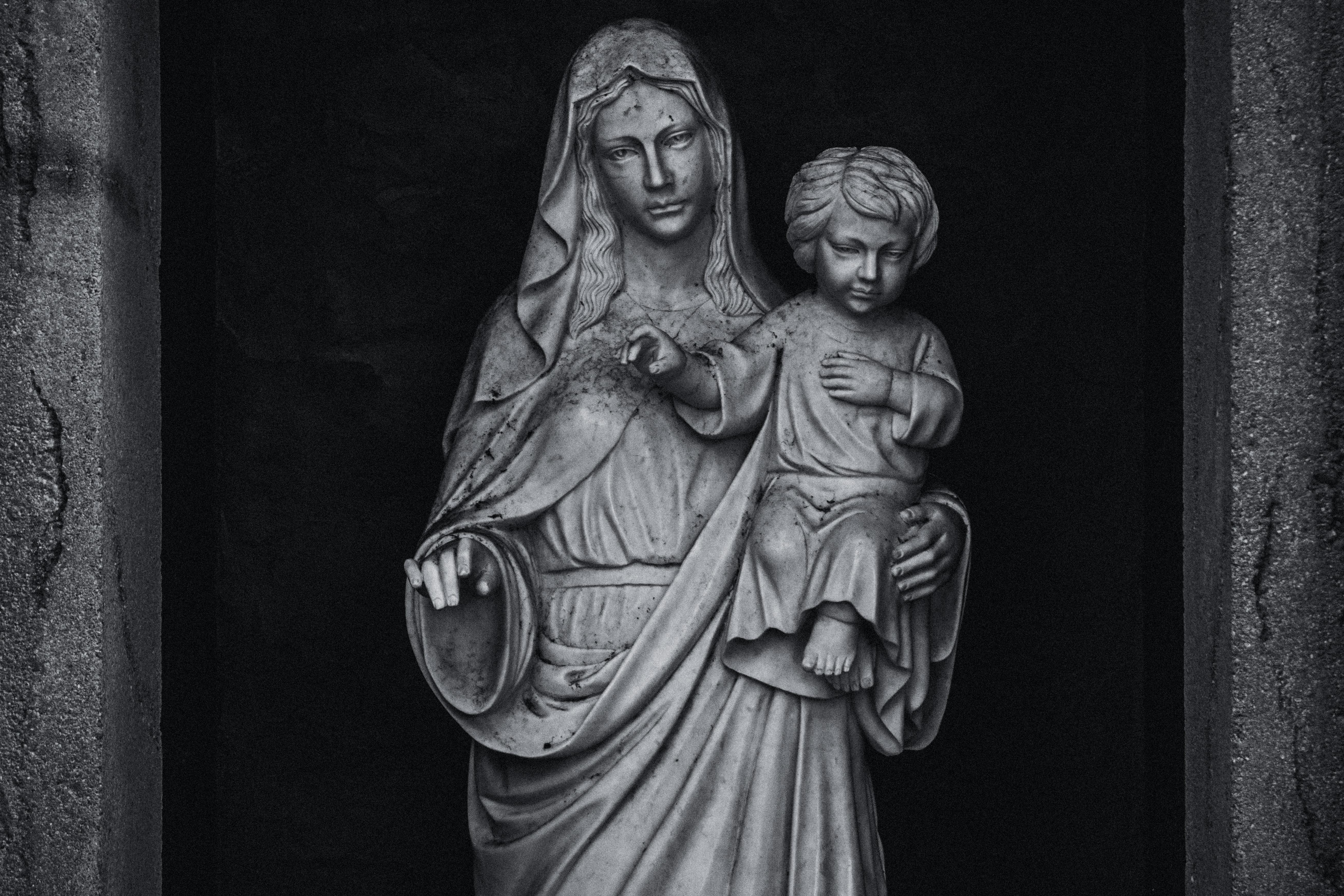Even the value of virtue changes with the ages. The Japanese virtue was to die for their motherland in World War II. Japanese virtue changed after losing the war. The country and the government, which seemed indisputable, were gone. Individual people became equal or more important than the country. Although virtue changes, there is a virtue that does not change. It is a humanitarian action based on love. Love people across ethnic or national boundaries.
He was a diplomat. He is also famous as “Sempo Sugihara” from the sound of his first name. He entered Waseda University majoring in English literature. During his college days, Sugihara passed an exam to be an exchange student on Foreign Ministry scholarships. He was hired by the Japanese Ministry of Foreign Affairs and assigned to Harbin, China. Sempo learned the Russian and German languages there. He became an expert on Russian affairs.
Sempo was appointed deputy councilor at the Japanese consulate in Lithuania in 1939. In 1940, the Soviet Union took over Lithuania. Thousands of Jews came to Lithuania from Poland. Jews in Lithuania were also seeking to leave those countries. The Soviet Union requested the closure of consulates of other countries in Lithuania. The Japanese consulate, however, was still open. Jewish refugees rushed to the Japanese consulate to obtain a transit visa to leave those countries.
Sempo applied for the issuance of transit visas for Jewish refugees from the Japanese Ministry of Foreign Affairs, but was unable to obtain permission. Sempo decided to ignore the Japanese government’s approval and began issuing his own handwritten visas on July 31, 1940. He saw that those refugees were in danger if they stayed behind. He continued to issue visas to transit through Japan for his destination. He not only disregarded his governmental authority, but also violated the legal requirements to grant visas only to qualified individuals of sufficient funds. He issued visas to unqualified refugees until September 4, 1940.
I was spending 18 to 20 hours issuing visas a day. He spoke with the Russian authorities and arranged for the Jewish refugees to take the Trans-Siberian train to travel. September 4, 1940 was the day Sempo needed to return to Japan. The night before he left, he stayed up all night and continued writing visas, according to a witness. He handed out blank visas with the stamp of the Japanese consulate and his signature from the window of the train. Only one unofficial record is available for the number of refugees saved by Sempo Sugihara. It would be between 6,000 and 10,000. Since the visas were given to husbands who could accompany their family, the number of people who could leave Lithuania would be more than record.
Later, his wife remembered him and commented on him that he was just an honest person. It is a profound statement. He didn’t give up to be honest with himself. He did what he believed was right. His heroic story should not be buried in history because Japan lost World War II.






